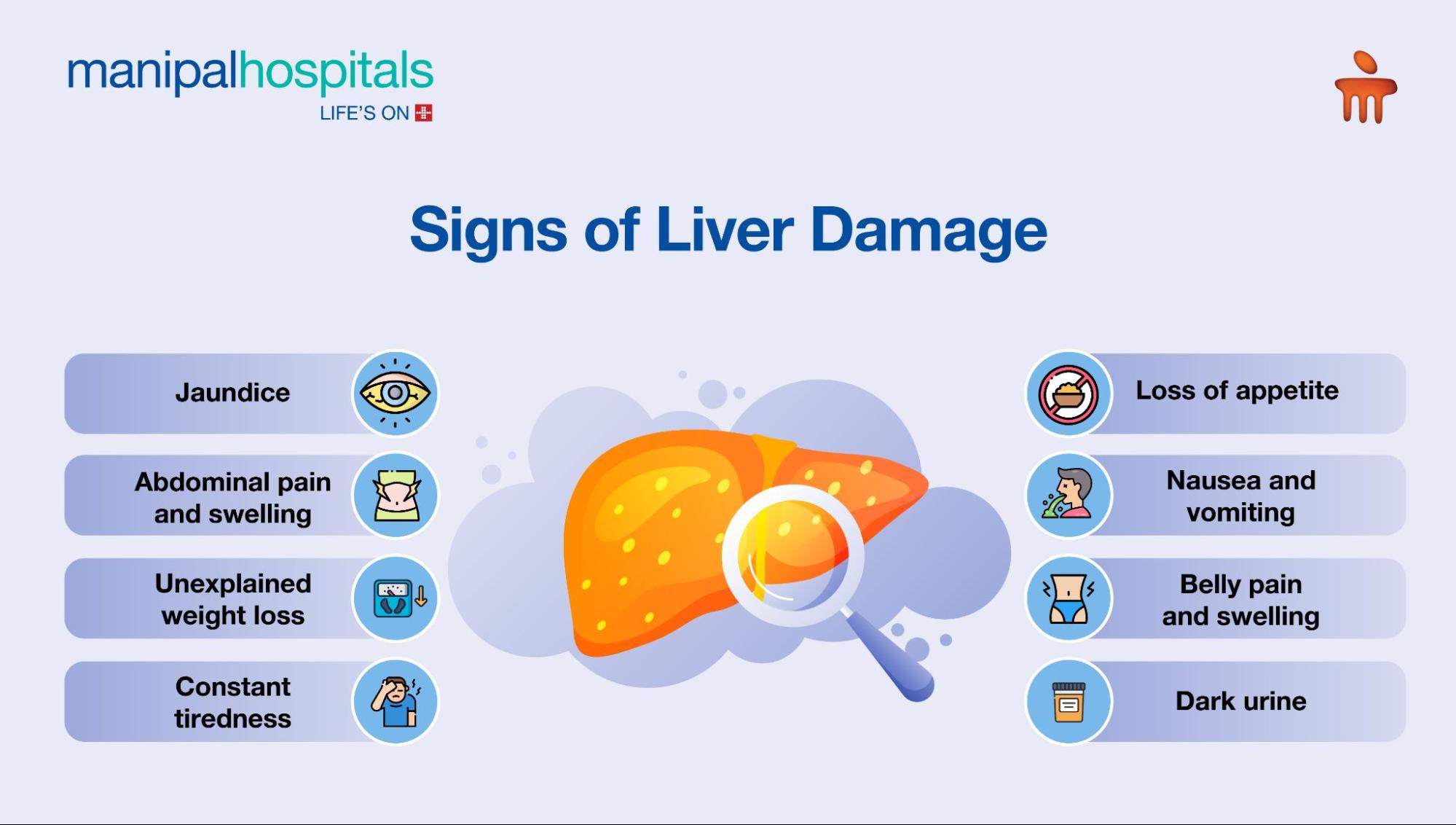The liver is a crucial part of the body, serving many vital functions. Living with liver cancer can be challenging. In 2020, liver cancer ranked as the sixth most frequently diagnosed and third highest contributor to cancer-related mortality globally. India follows the same trend and ranks as the tenth most common cancer in India, with 34,743 new cases and 33,793 deaths annually. Due to late diagnosis, mostly at an advanced stage, the mortality rate of liver cancer is high. This blog aims to highlight Liver Cell Transplantation as an effective treatment option for liver cancer due to its various benefits.
Synopsis
About Liver Cancer
Liver cancer is a serious illness that needs to be treated quickly and efficiently. It happens when cells grow abnormally in the liver. It is called primary liver cancer if cancer originates in the liver, and if it spreads to the liver from other parts of the body, it's known as metastatic or secondary liver cancer. Hepatocellular carcinoma (HCC) constitutes more than 80% of all primary liver cancers worldwide.
Signs of Liver Damage

Look for these signs of liver damage, which include:
-
Jaundice
-
Abdominal pain and swelling
-
Unexplained weight loss
-
Constant tiredness
-
Loss of appetite
-
Belly pain and swelling
-
Dark urine
-
Swelling in the legs and ankles
If you are experiencing any of these symptoms, it is important to consult with your healthcare provider for early detection and appropriate management.
Habits that Damage Liver
Certain lifestyle habits can destroy your liver and increase the risk of liver cancer. These include:
-
Excessive consumption of alcohol
-
Smoking
-
Obesity
-
Sedentary lifestyle
-
Poor dietary choices
-
Intravenous drug abuse
-
Chronic viral hepatitis (hepatitis B and C)
Adopt a healthy lifestyle, avoid or minimise these bad habits, and reduce your risk of getting liver cancer.
Treatment Options
Liver cancer treatment depends on various factors, including the disease stage and the patient's overall health. Common treatment options for liver cancer include Surgery, Radiation Therapy, Chemotherapy, Targeted Therapy, and Liver Transplantation.
Liver Cell Transplantation Treatment
In recent years, Cell Transplantation has emerged as a promising therapeutic option for liver cancer. Known as Liver Cell Transplantation, this novel procedure involves infusing healthy liver cells (hepatocytes) from a deceased or live donor (partial liver tissue) into a diseased patient's liver. Thus, it helps restore liver function by inhibiting tumour growth and improving overall liver health.
This life-saving procedure is considered in cases where other forms of treatment may not be suitable or effective. It can be used as a therapeutic option for various liver conditions, including liver cancer, acute liver failure, and chronic liver diseases.
Consult our liver transplant surgeon in Kolkata if you need to know more about stem cell transplant procedure or stem cell donation for the liver.
Benefits of Liver Cell Transplantation
-
Regeneration of Liver Tissue: As healthy cells are infused in Cell Transplantation, it promotes the regeneration of damaged liver tissue, restoring the function of the liver.
-
Reduction of Tumour Growth: The newly transplanted cells compete with cancerous cells for resources and space, thereby inhibiting the growth of liver tumours.
-
Improved Liver Function: Cell Transplantation involves the infusion of healthy liver cells, which improves liver function and alleviates the other symptoms of liver disease, such as jaundice.
-
Potential Alternative to Liver Transplantation: In some cases, especially when the cancer is localised and the function of the liver is intact, Cell Transplantation acts as an alternative to Liver Transplantation. The option of a whole organ transplant stays open in rare cases.
-
Less Invasive: Cell Transplantation is often performed using minimally invasive techniques and has fewer risks compared to other traditional surgeries.
-
Personalised Treatment: Cell Transplantation offers a personalised approach to liver cancer, providing effective, tailored treatment for optimal patient outcomes.
-
Enhanced Quality of Life: The complications are fewer and the timing of the procedure is easier, thereby significantly enhancing the quality of life for patients suffering from liver cancer.
Consult our liver transplant hospital in Kolkata if you need a stem cell transplant to treat chronic liver issues.
Conclusion
Liver Cell Transplantation promises an alternative therapeutic option for liver cancer treatment, offering several benefits in terms of liver function restoration, tumour inhibition, and improved quality of life. With ongoing studies and advancements in progress, Cell Transplantation has great potential to transform the overall lives of patients. Schedule a consultation with our expert team of oncologists at Manipal Hospitals in Broadway, Kolkata, for the early detection and management of liver cancer.
FAQ's
Just like other cancers, if liver cancer is detected early and treated promptly, it can be cured. However, if it reaches the advanced stages, the goal of treatment is to prolong life and improve the quality of life of patients.
The patient's eligibility is determined by several variables, such as the cancer's stage, severity, general health, and the availability of compatible donor cells. Our team of liver cancer specialists will conduct a comprehensive evaluation to determine whether you are suitable for this procedure or not.
No, Cell Transplantation is an emerging approach for liver cancer treatment. While it is not yet considered a standard treatment, ongoing research and clinical trials are exploring its effectiveness and potential benefits for patients with liver cancer.
To schedule an appointment at Manipal Hospitals, contact our oncology department or visit our website.
Just like other medical procedures, Cell Transplantation also carries certain risks, such as infection, rejection of transplanted cells, and complications related to the transplant procedure itself. However, advancements in transplantation techniques can minimise these risks, making Cell Transplantation a safer option for eligible patients.



















 6 Min Read
6 Min Read




27.png)

26.png)



